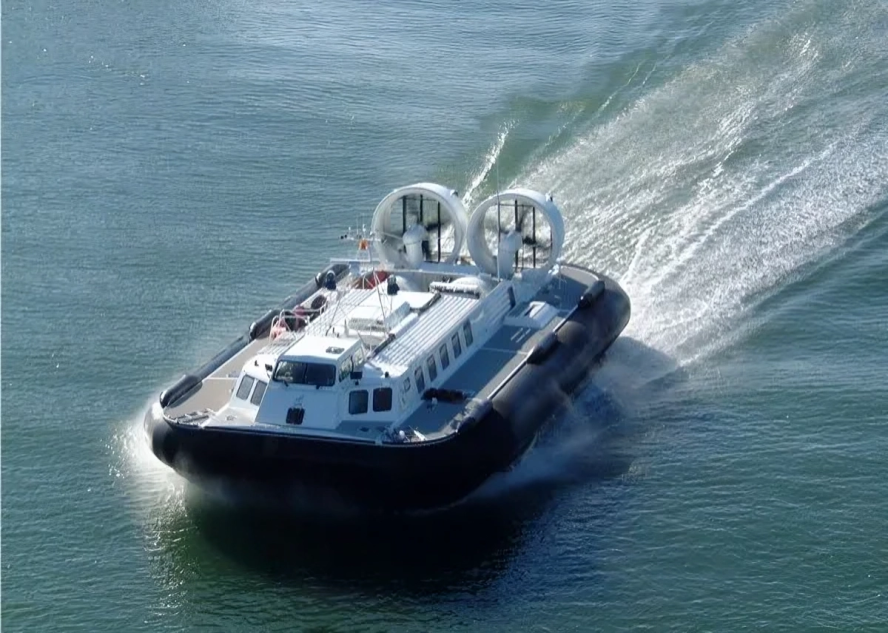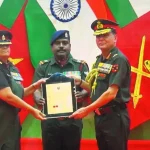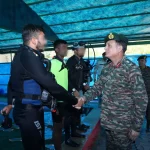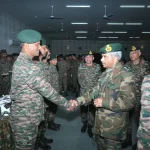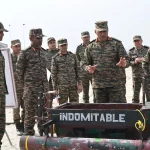The construction of India’s first indigenously built Air Cushion Vehicle (ACV) for the Indian Coast Guard began on Wednesday at the shipyard of Chowgule & Company Pvt. Ltd. in Goa. The milestone was marked by the girder laying and erection ceremony in the presence of Inspector General Sudhir Sahni, Deputy Director General (Materiel & Maintenance) of the Coast Guard.
The hovercrafts are based on proven Griffon Hoverwork designs and are being adapted with Indian expertise to meet a variety of coastal security needs. According to the Ministry of Defence, these ACVs will significantly enhance the Coast Guard’s speed, shallow-water access, and tactical flexibility for patrolling, interdiction, and search-and-rescue operations along India’s vast maritime frontier.
The project is being executed under a contract signed on October 24, 2024, for six ACVs. It marks a critical step towards bolstering operational self-reliance in maritime defence, in line with the government’s Aatmanirbhar Bharat initiative.
Defence Minister Rajnath Singh recently highlighted the broader achievements in India’s defence manufacturing sector. He noted that the country’s indigenous defence production has reached an all-time high of ₹1.46 lakh crore in 2024–25, with exports soaring to ₹24,000 crore. The private sector alone contributed over ₹32,000 crore to this growth.
He emphasized that indigenous systems played a key role during Operation Sindoor, demonstrating India’s ability to breach enemy defences. The minister also said that the Advanced Medium Combat Aircraft (AMCA) programme will allow the private sector to collaborate with public enterprises on a major defence project for the first time, reinforcing the momentum of Make in India.
The ACV project is seen as another step forward in enhancing India’s maritime response capabilities while supporting domestic manufacturing in defence.

